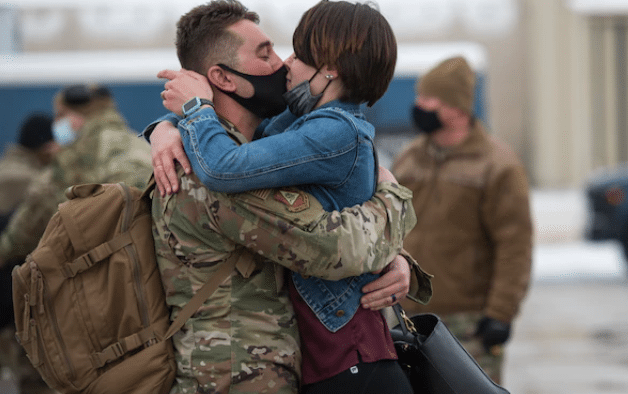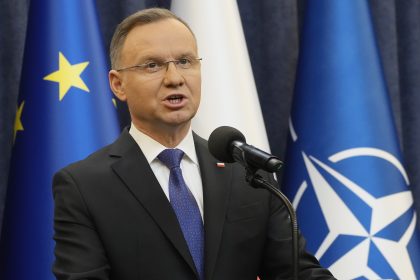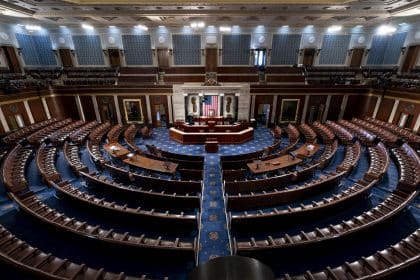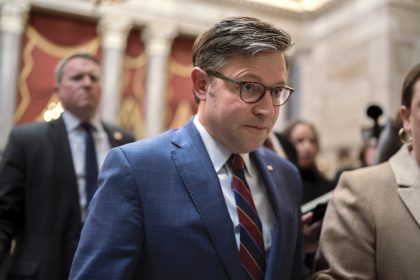How the US Troop Withdrawal from Afghanistan ‘Slowed’

WASHINGTON – On Wednesday, Feb. 3, the Congressional “Afghanistan Study Group” released its report on unwinding American commitments in that country, recommending that diplomatic efforts attempt to delay the May 2021 withdrawal date of American troops from the region to ensure the proper conditions for removal.
The group proposed, in addition to diplomatic efforts to delay the deadline for removing troops, extending basic support and security for the Afghan state, restarting regional diplomacy under a longer timeline, and the continuation of counterterrorism efforts to support the Afghan National Defense and Security Forces.
That report, which can be read here, framed this as an opportunity to retrench American objectives in the region and to ensure that troop removal is not a win for the Taliban.
“I believe their findings are a roadmap to ensure the path we continue to pursue in Afghanistan ends in a sustainable peace. Following 40 years of war – 20 of which involved United States forces – we can bring this to a responsible end after certain conditions are met,” Sen. Lindsey Graham, R-S.C., said in a written statement.
Graham also said that he had met with members of the Biden administration who had been “very receptive” to the recommendations in the report, and the speculation is that the administration will act to slow the removal of troops.
The group which issued the report, co-chaired by former Republican senator from New Hampshire Kelly Ayotte and former chairman of the Joint Chiefs of Staff Joseph Dunford, Jr., was created by Congress to ponder the implications of a path to peace in Afghanistan on U.S. policy.
During the Trump administration, in late February 2020, the U.S. reached a deal with the Taliban, the fruit of a year’s worth of negotiations. The Doha agreement, as it was called, set out a timeline for withdrawal of American troops from Afghanistan. Within less than a year, 135 days to be exact, American troop presence was to be whittled down to 8,500 troops, with the rest of the troops to exit in the months following.
Right now, the number of American troops is at its lowest level since 2001, around 2,500. The American troops in the country currently conduct counterterrorism operations against al-Qaeda and the Islamic State or provide aid to the Afghan security forces, and there are more allied NATO troops in the country than American ones at this point, according to a Council on Foreign Relations brief.
Details of the agreement were complicated and included things like the release of prisoners. In short, the U.S. and Afghan forces agreed to refrain from attacking Taliban-controlled regions, which are strongest in the south and east, a sort of rough equivalent of limited sovereignty not usually offered to insurgent groups once connected to al-Qaeda, and in return, the Taliban would reduce the violence and would act to keep terrorist groups from using Afghan soil to threaten U.S. interests. The Taliban had also agreed to enter talks with representatives of the Afghan government.
From the U.S. side, the deal offered a means of winding down the longest war in its entire history, which had been going on for almost two decades. Almost 2,400 American soldiers lay dead, and congressional estimates said that Congress had appropriated $137 billion for reconstruction efforts in Afghanistan as of mid-2020. Civilian deaths were much higher. A UN report estimated that more than 100,000 civilians had died by 2019, a “grim milestone.” Equally gruesome estimates said that millions of people have been displaced by this conflict.
Violence remains high and the prospect of a successful peace appears elusive, with a 2020 Congressional report commenting that Afghanistan’s “economic and political outlook remains uncertain, if not negative, in light of ongoing hostilities and the prospective decrease in U.S. and international investment and engagement.”
A spokesperson for the Pentagon, John Kirby, commented in late January of this year that the Taliban has not held up its end of the agreement.
Others have warned about the consequences of a rushed peace, which they say would destabilize the region. Afghanistan’s first female Ambassador to the U.S., Roya Rahmani, wrote an editorial to caution about the possibly destabilizing effects of an agreement that did not secure the gains in the country for human rights and for female empowerment, writing, “We cannot allow fatigue to lure us into a deal that hurts more than it heals. The consequences of a false peace are as dire as no deal at all.”
The Biden administration is expected to make its intentions known imminently.
























